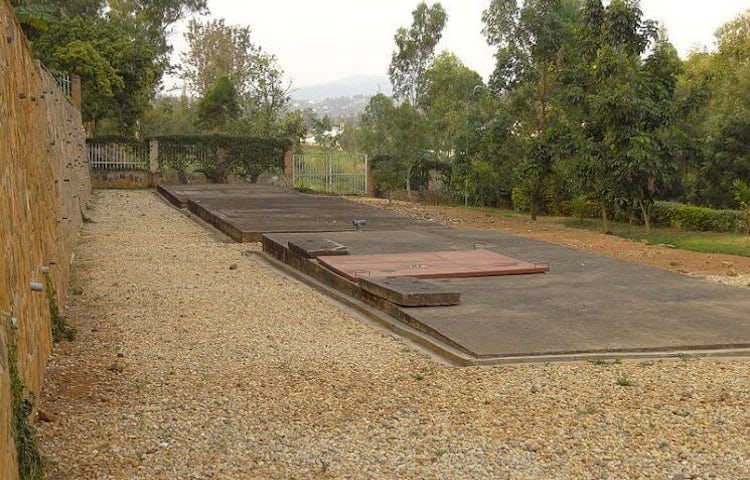
Polish lawyer Raphäel Lemkin developed the concept of genocide partly in response to the Holocaust, but also in response to previous instances in which he considered entire nations, and ethnic and religious groups had been targeted for destruction. Likewise, since the Holocaust took place, several genocides were perpetrated. However, lawyers, historians and social scientists do not always agree on whether the term is relevant to particular situations and may refer to other terms/definitions, such as “crime against humanity” for instance.
In December 1948, the United Nations General Assembly adopted the Convention on the Prevention and Punishment of the Crime of Genocide which established genocide as a crime under international law. The convention set out five activities which, individually or together, could constitute genocide:
- Killing members of the group;
- Causing serious bodily or mental harm to members of the group;
- Deliberately inflicting on the group conditions of life calculated to
bring about its physical destruction in whole or in part; - Imposing measures intended to prevent births within the group;
- Forcibly transferring children of the group to another group.
Two events have been determined as genocide since the Holocaust by international competent bodies:
The International Criminal Tribunal for Rwanda determined the killing of Tutsi and moderate Hutu in Rwanda in 1994 to be genocide. Approximately 100 days between April and July 1994, between 500,000 and 1,000,000 Rwandans, the overwhelming majority of them Tutsis, were killed by the country’s Hutu-run government. The victims were mainly killed face-to-face with machetes and clubs, often in their homes or churches, where they had fled seeking sanctuary.
In addition, the 1995 slaughter of Bosnian Muslims by Bosnian Serbs at Srebrenica in Bosnia has been deemed to have been a genocide by the International Criminal Tribunal for the former Yugoslavia.
This does not mean that other episodes of mass atrocities cannot be qualified as genocide from an academic perspective. Furthermore, crimes than may not meet the legal definition of genocide and would better qualify as “crimes against humanity” or “war crimes” can equally be devastating. Debates about definitions and the nature of particular crimes are important and necessary, but there cannot be a discussion about ranking victims’ sufferings.





